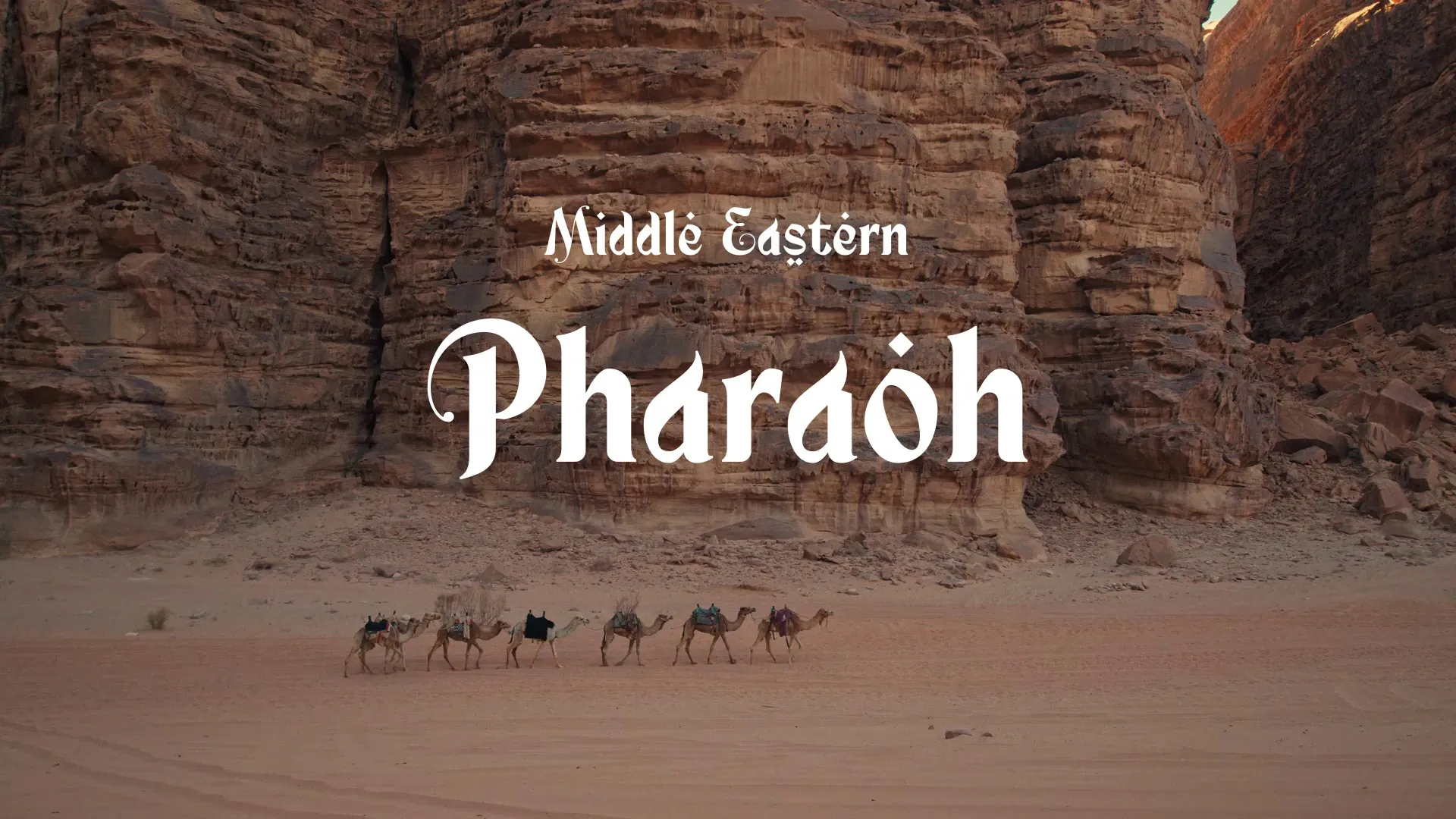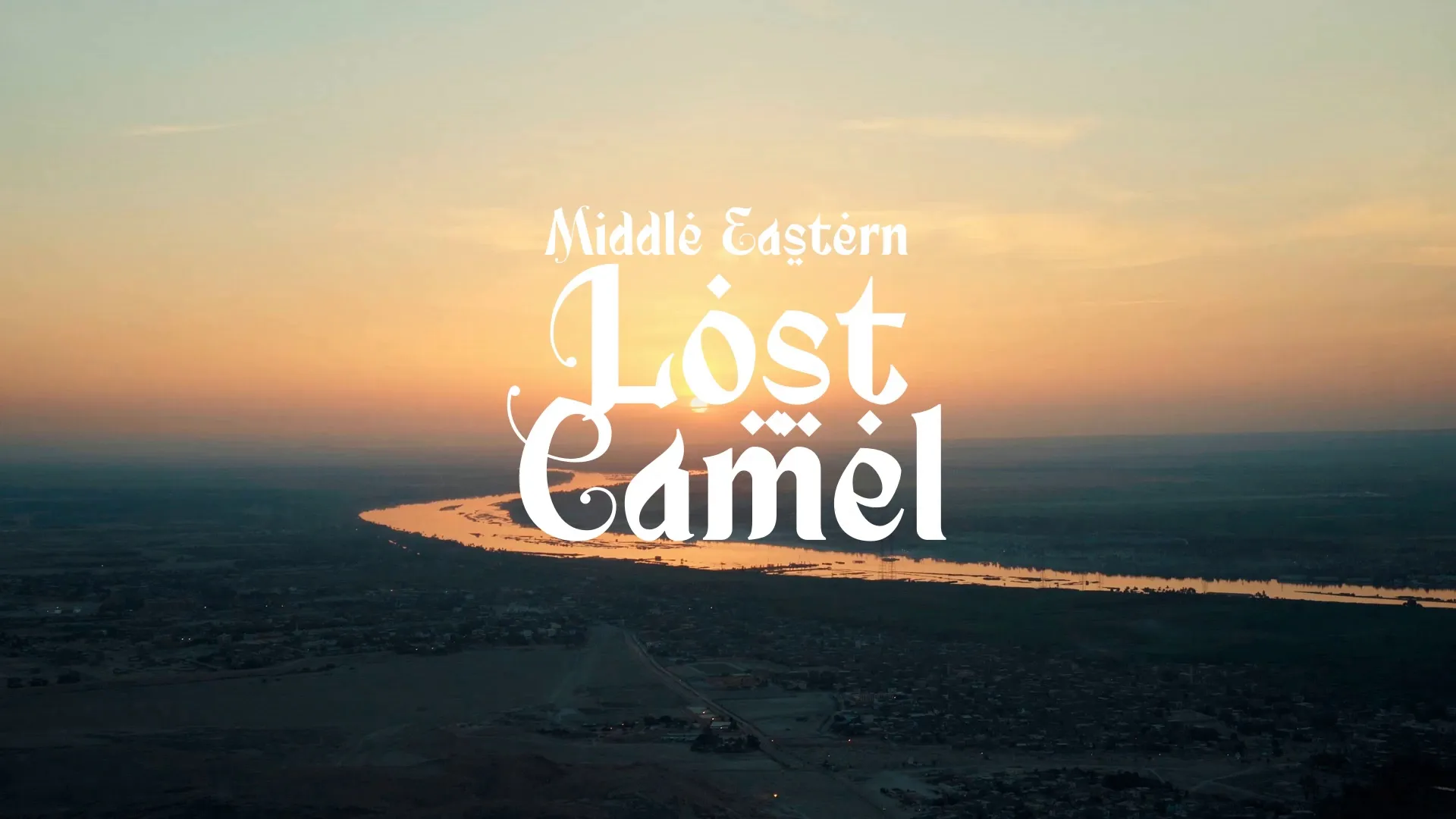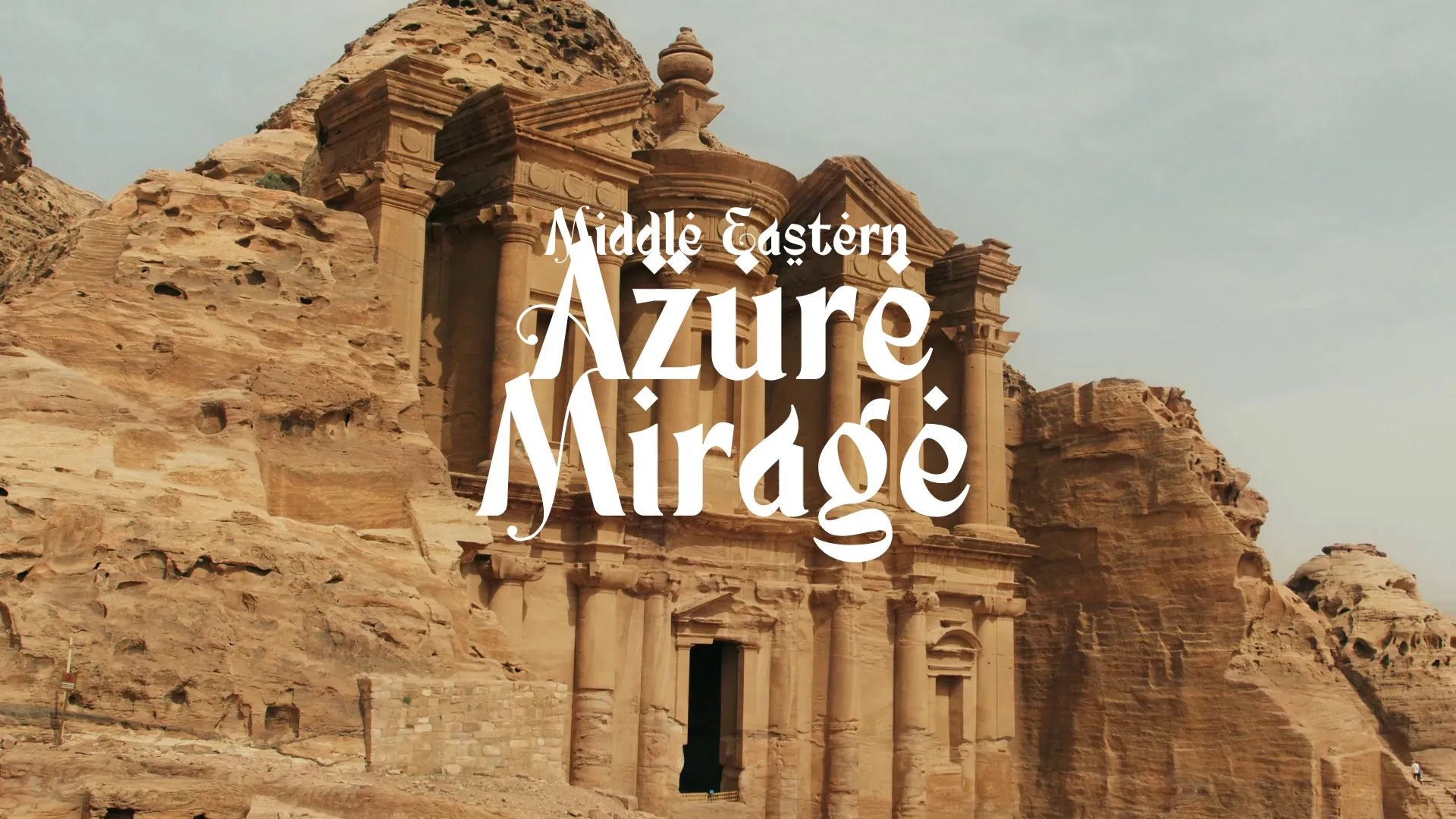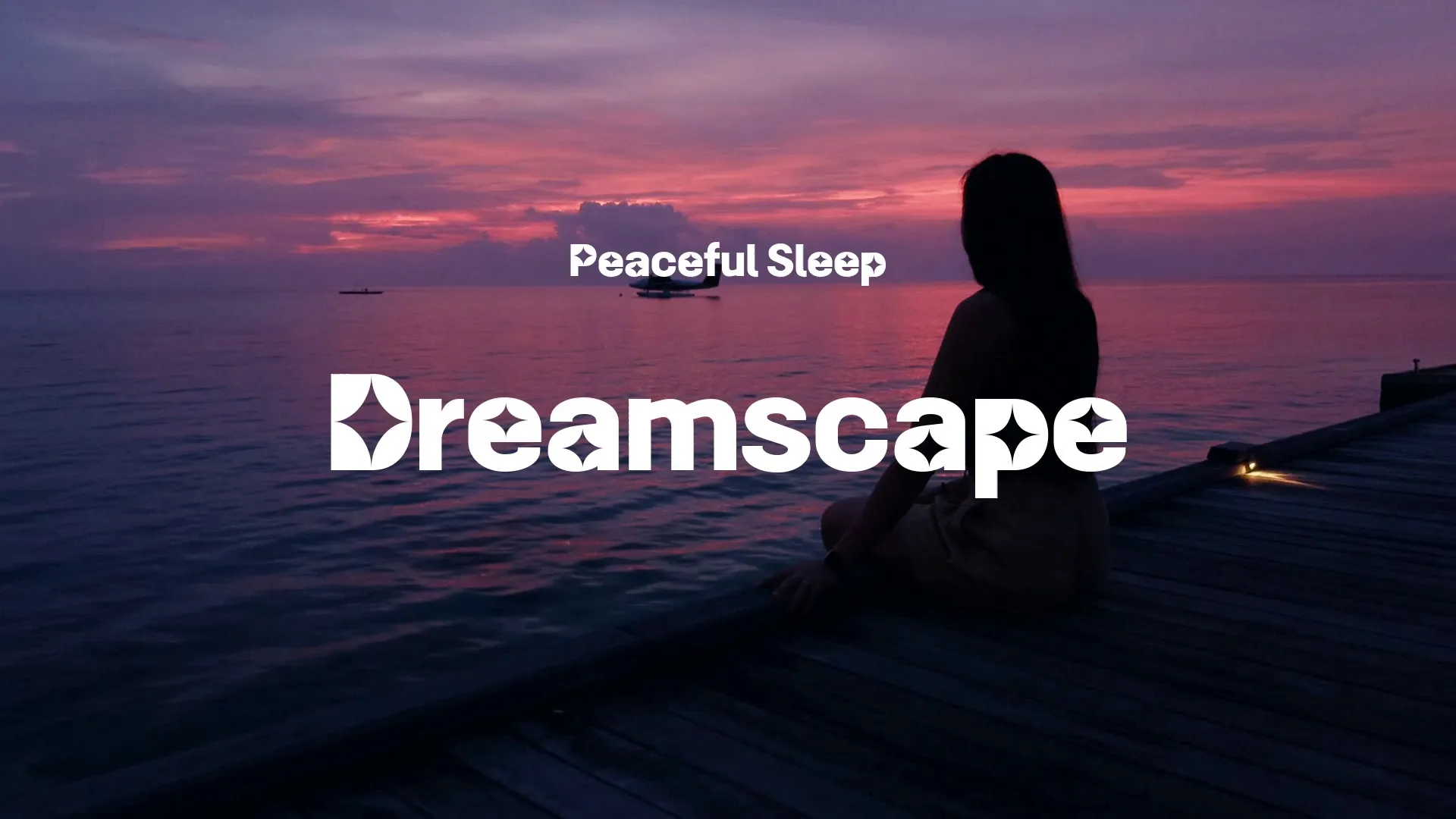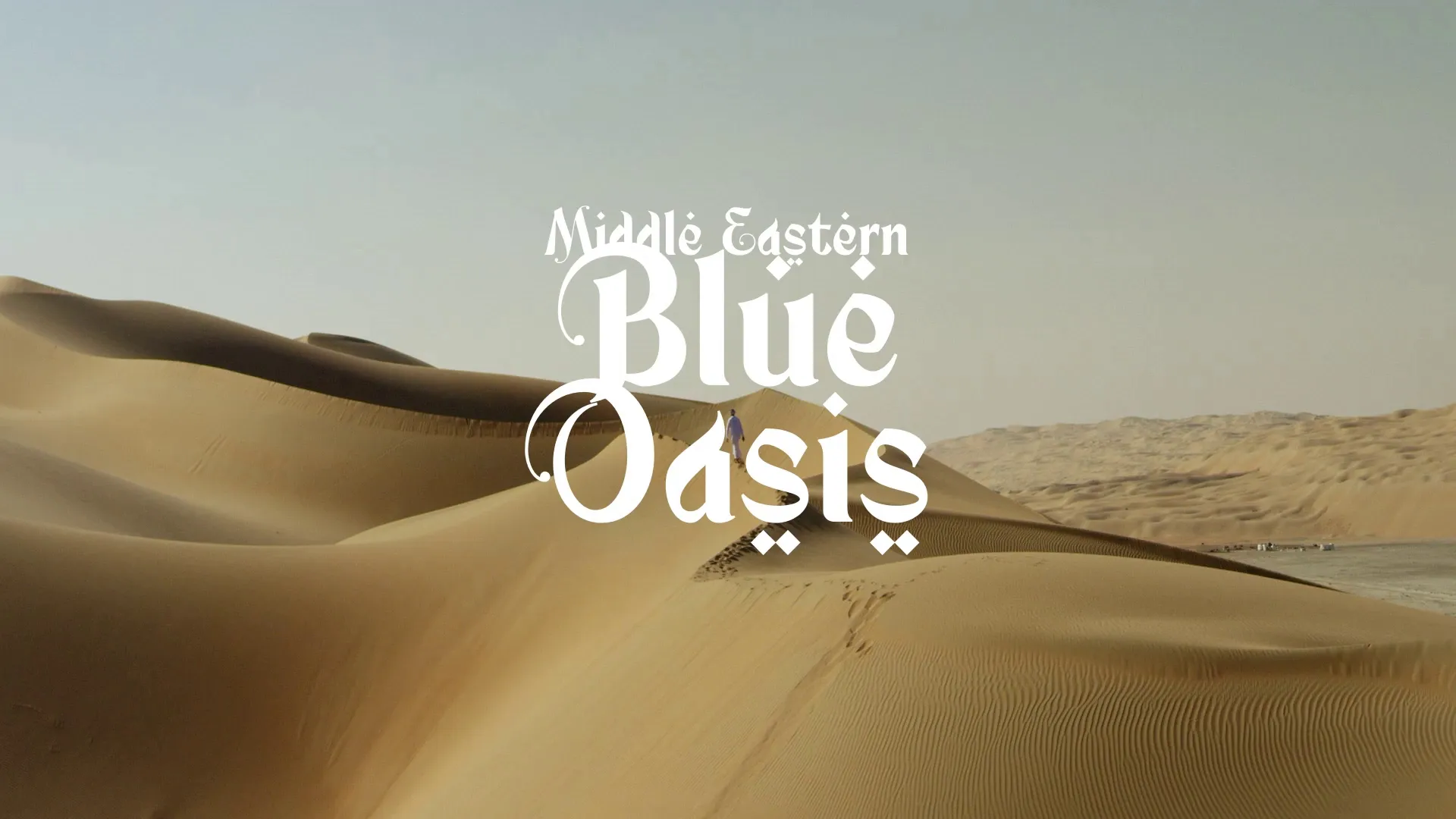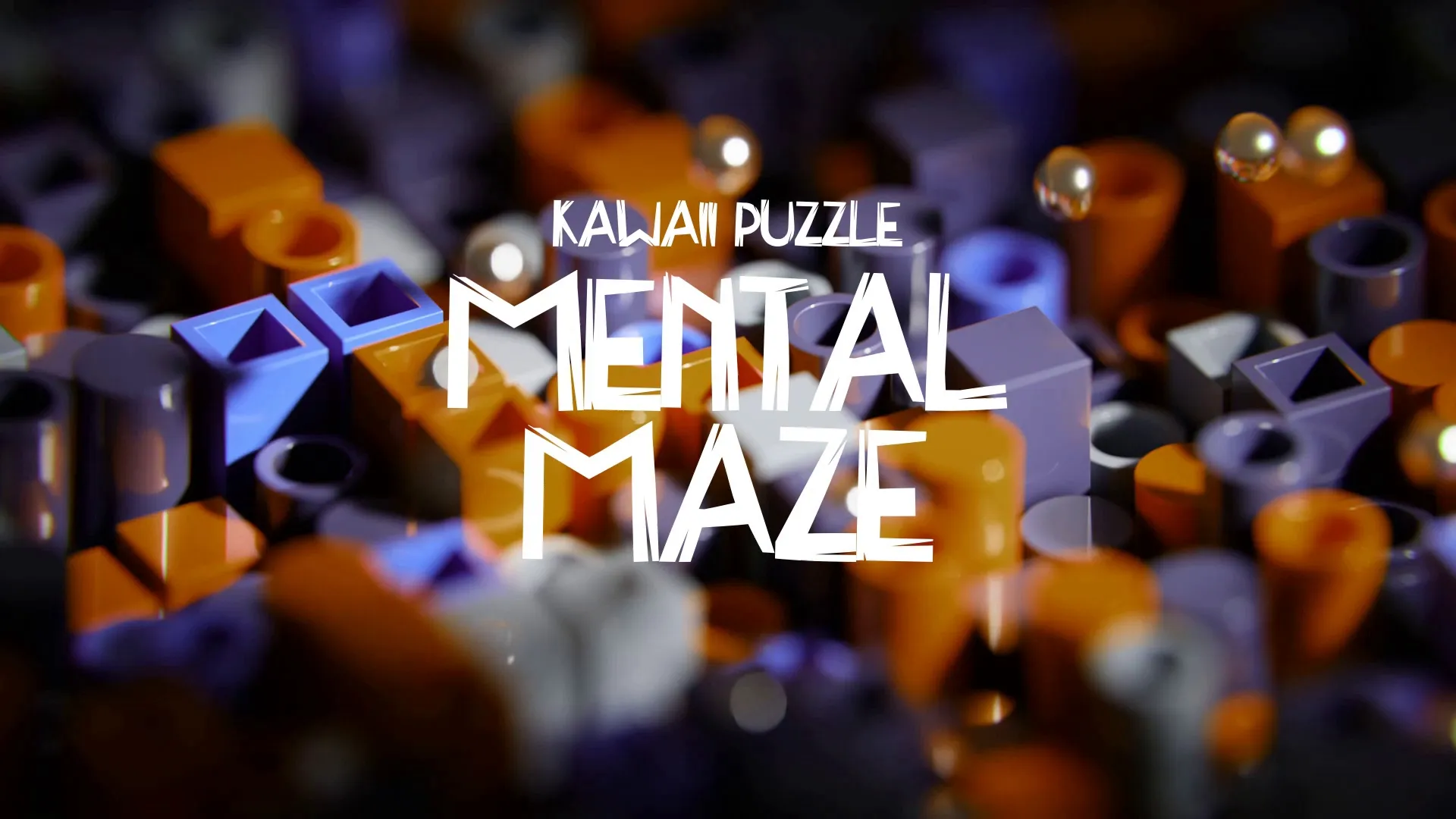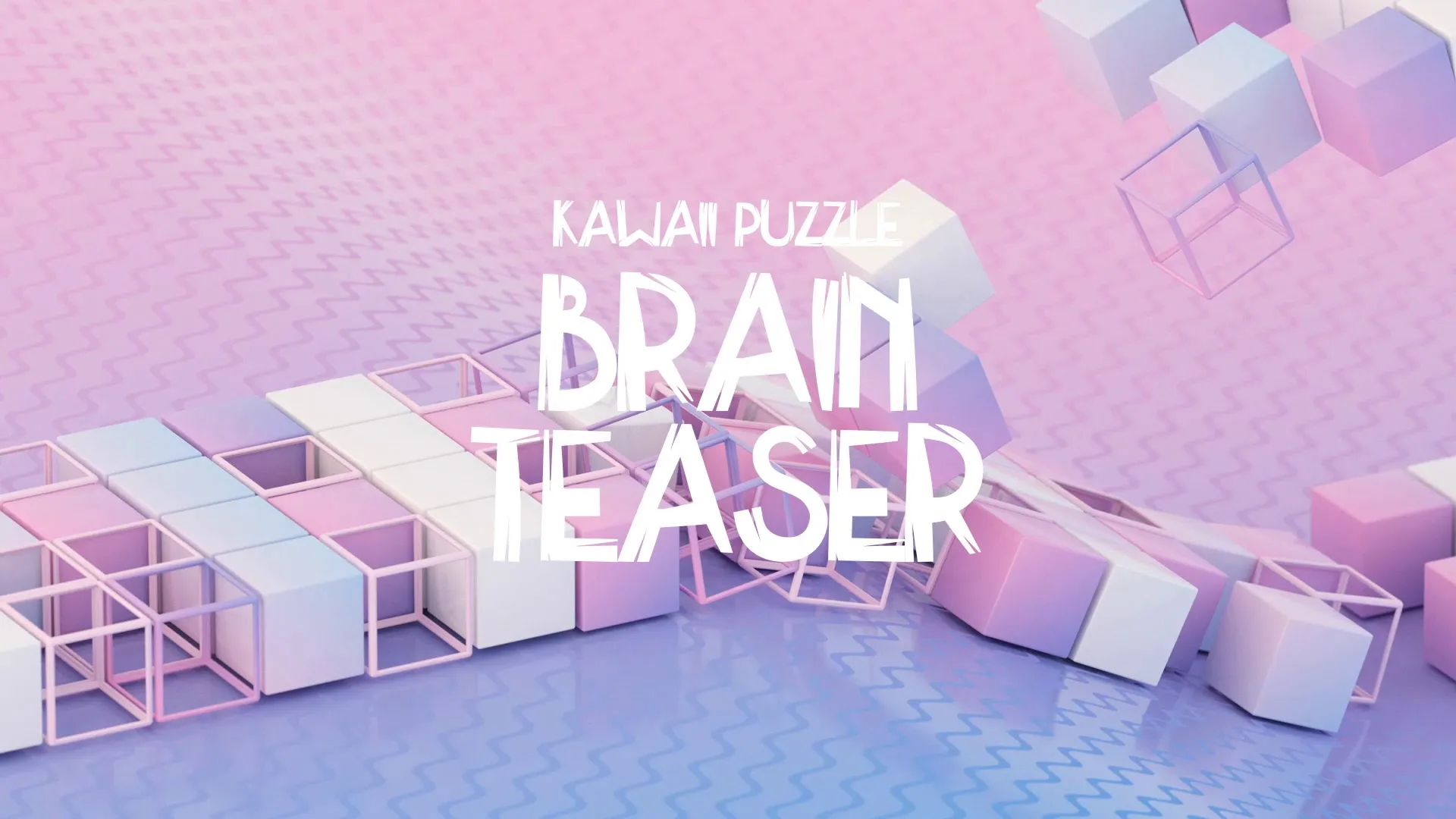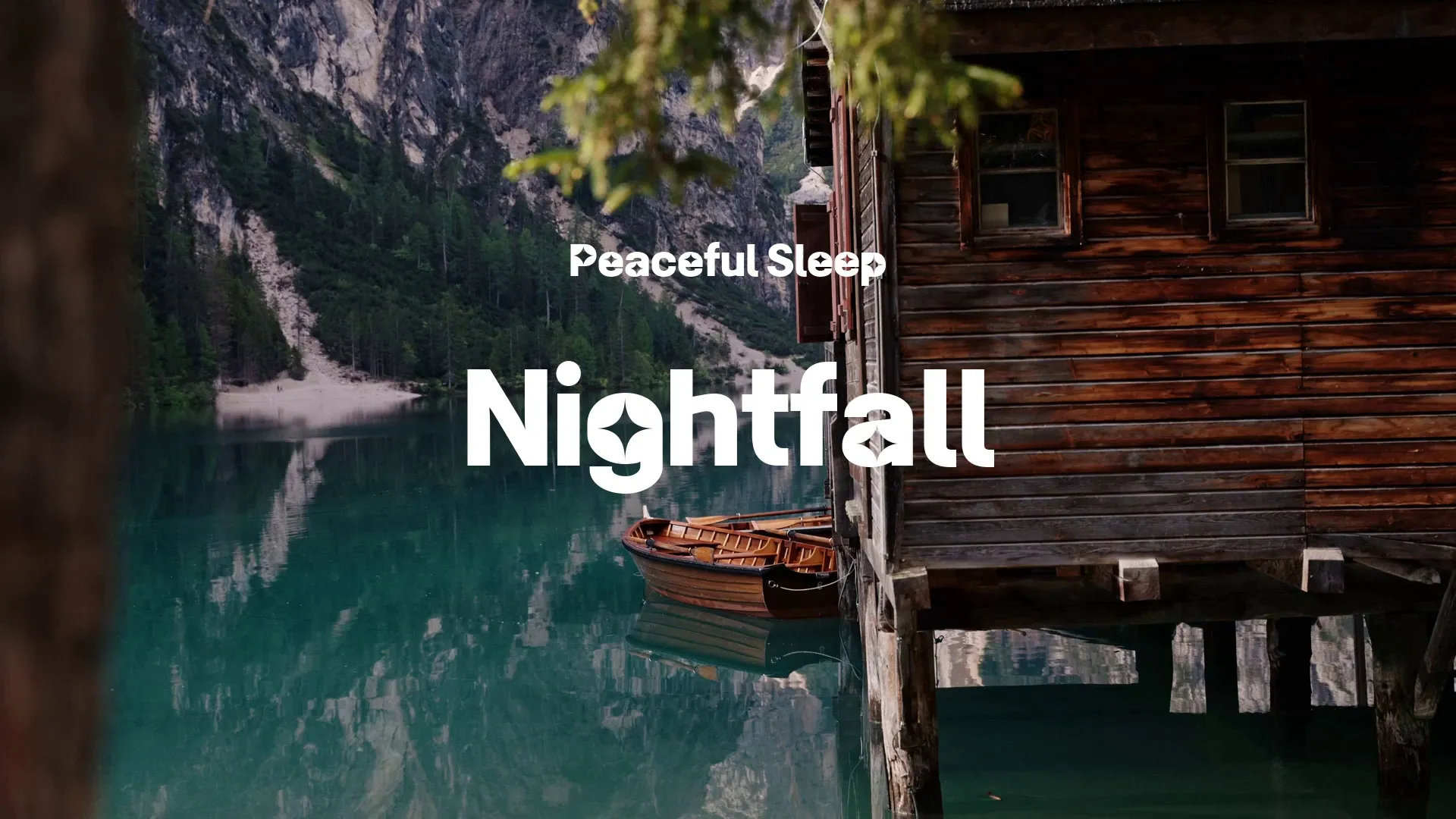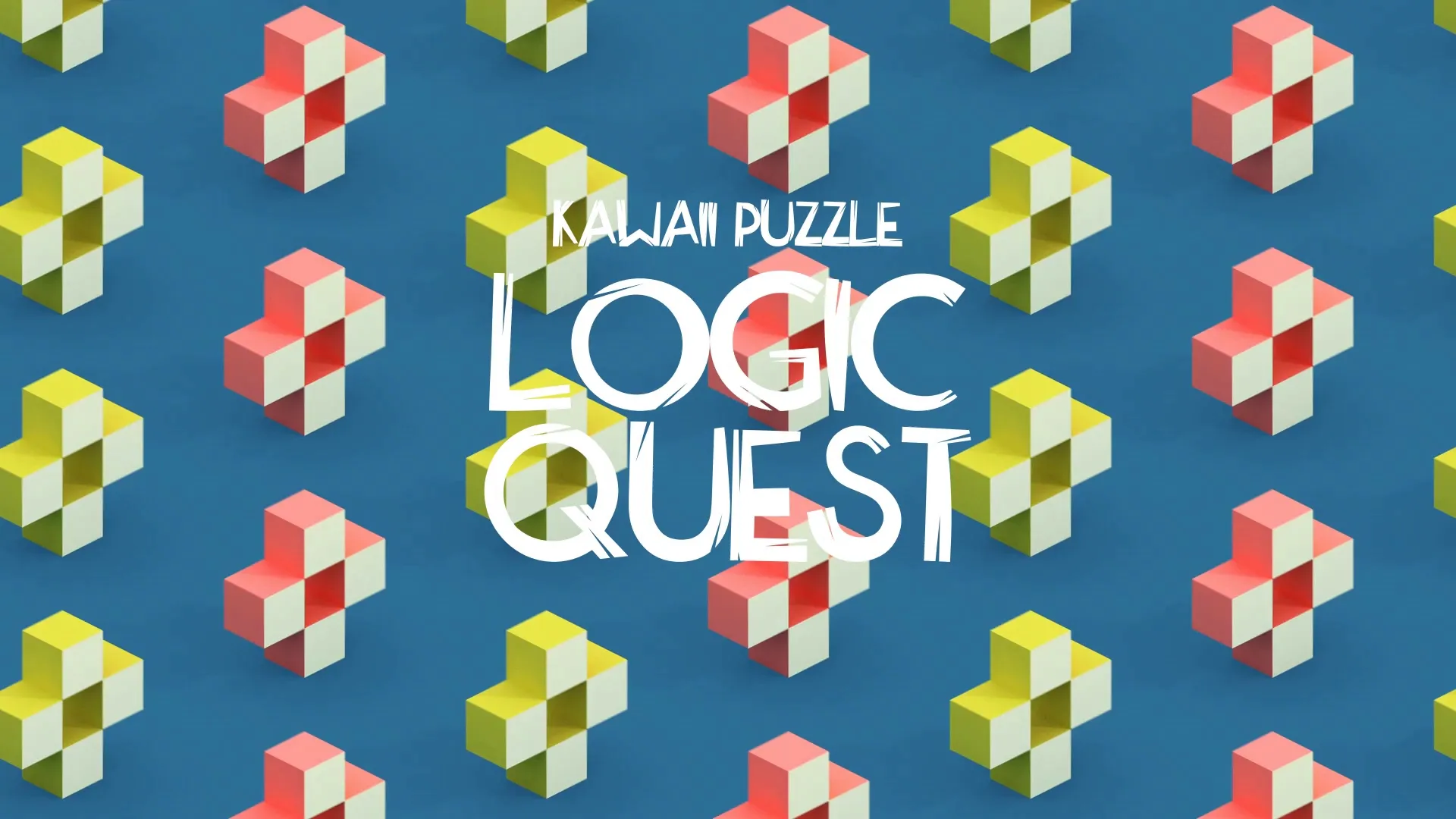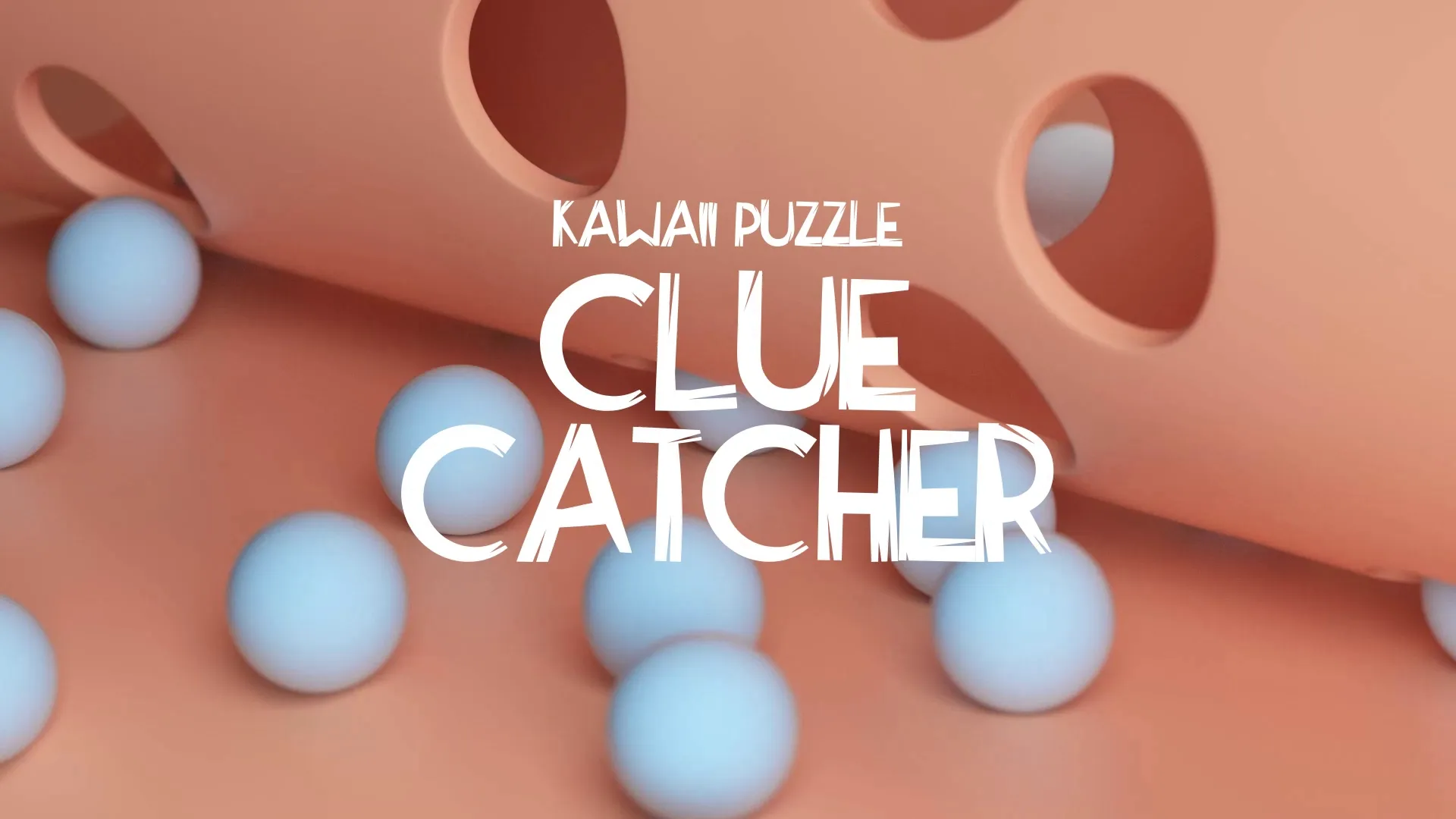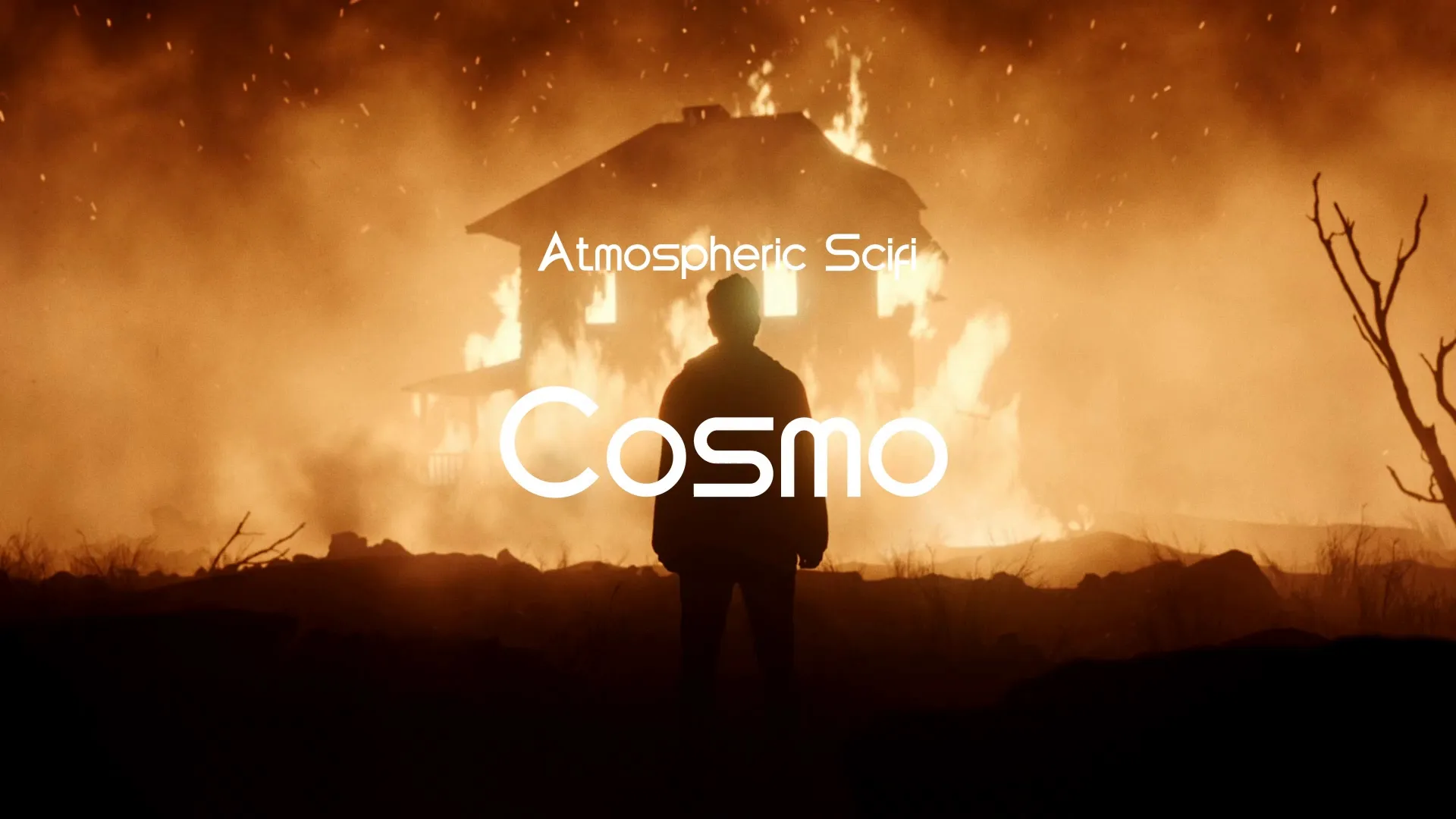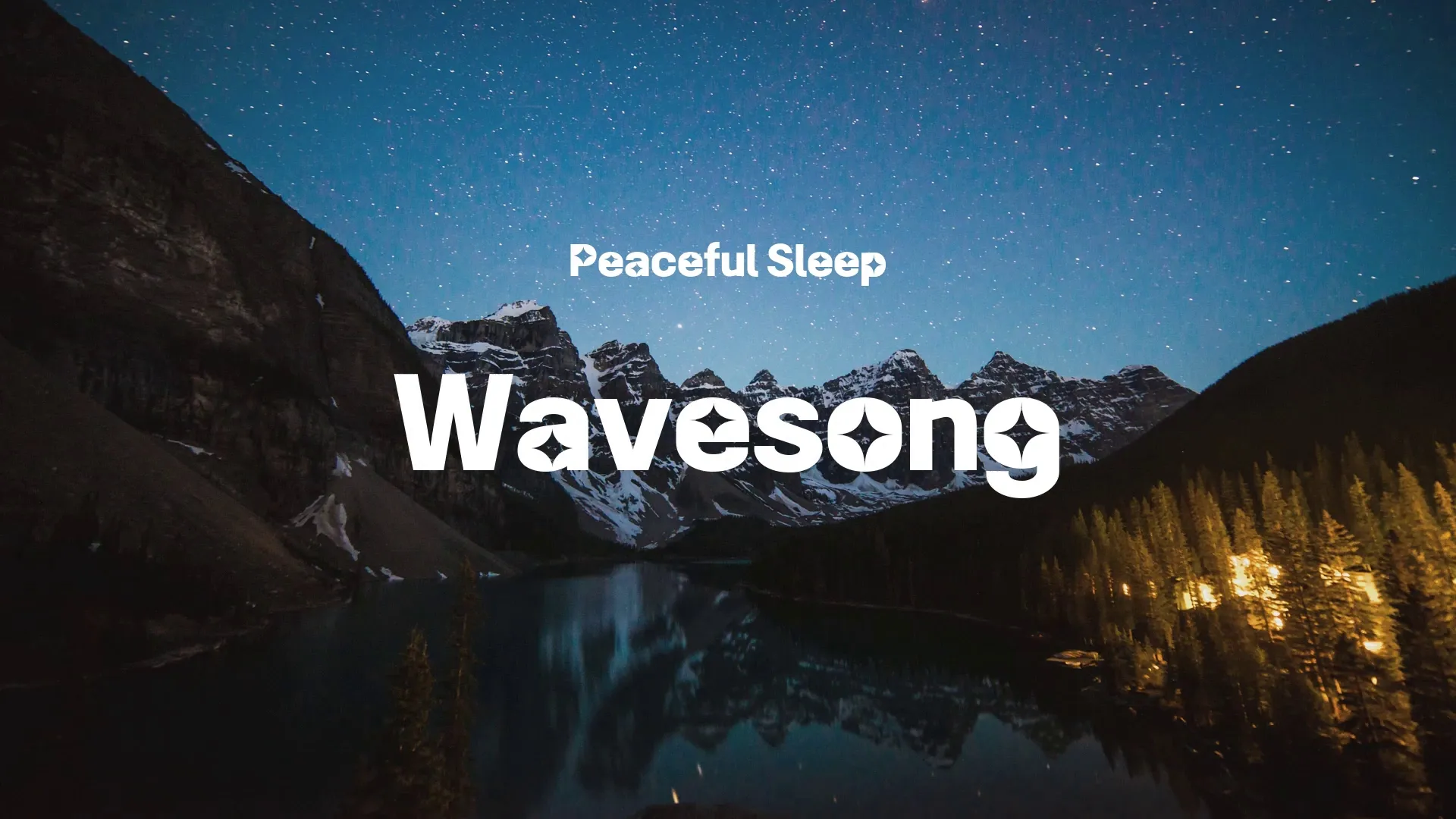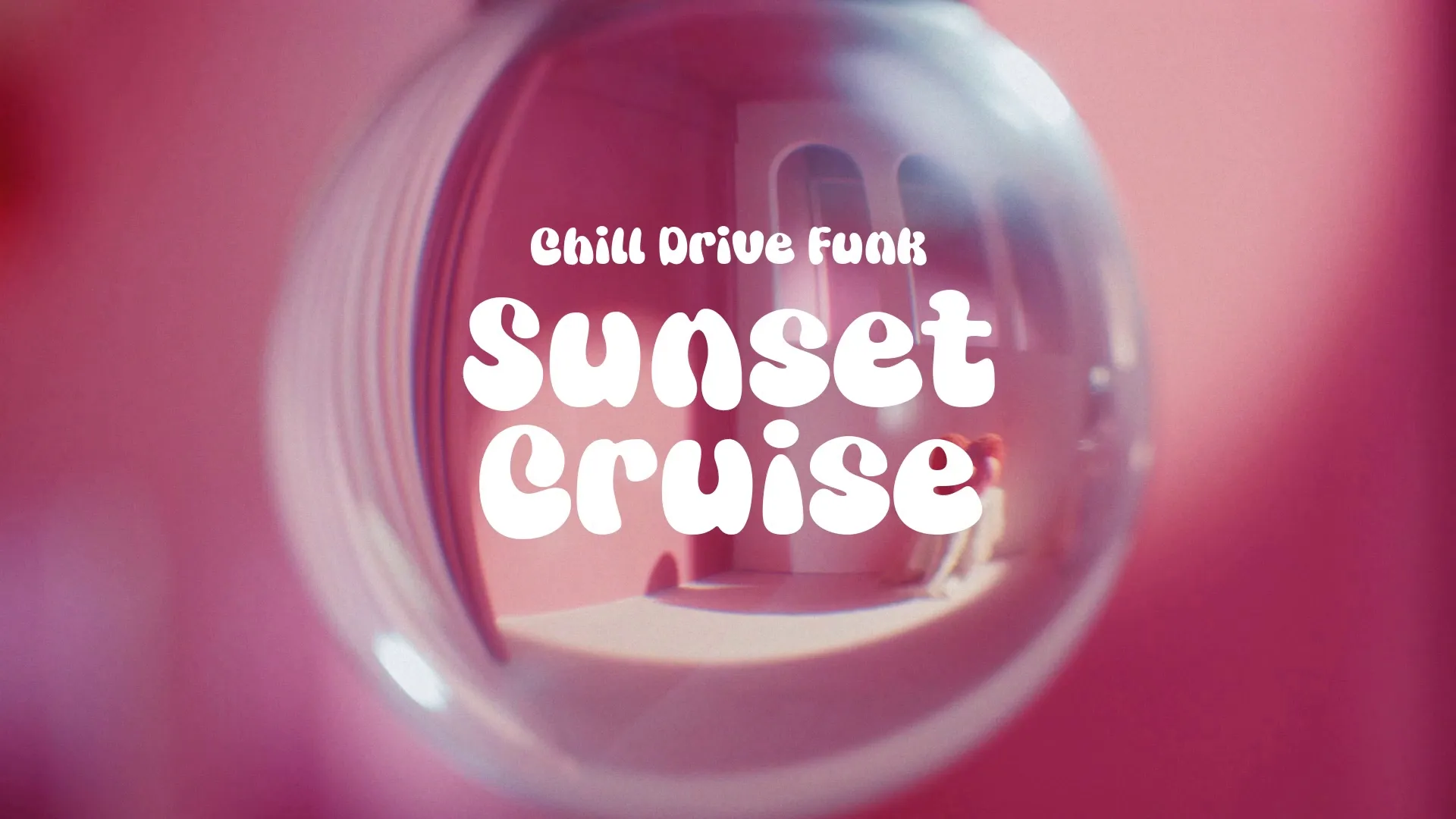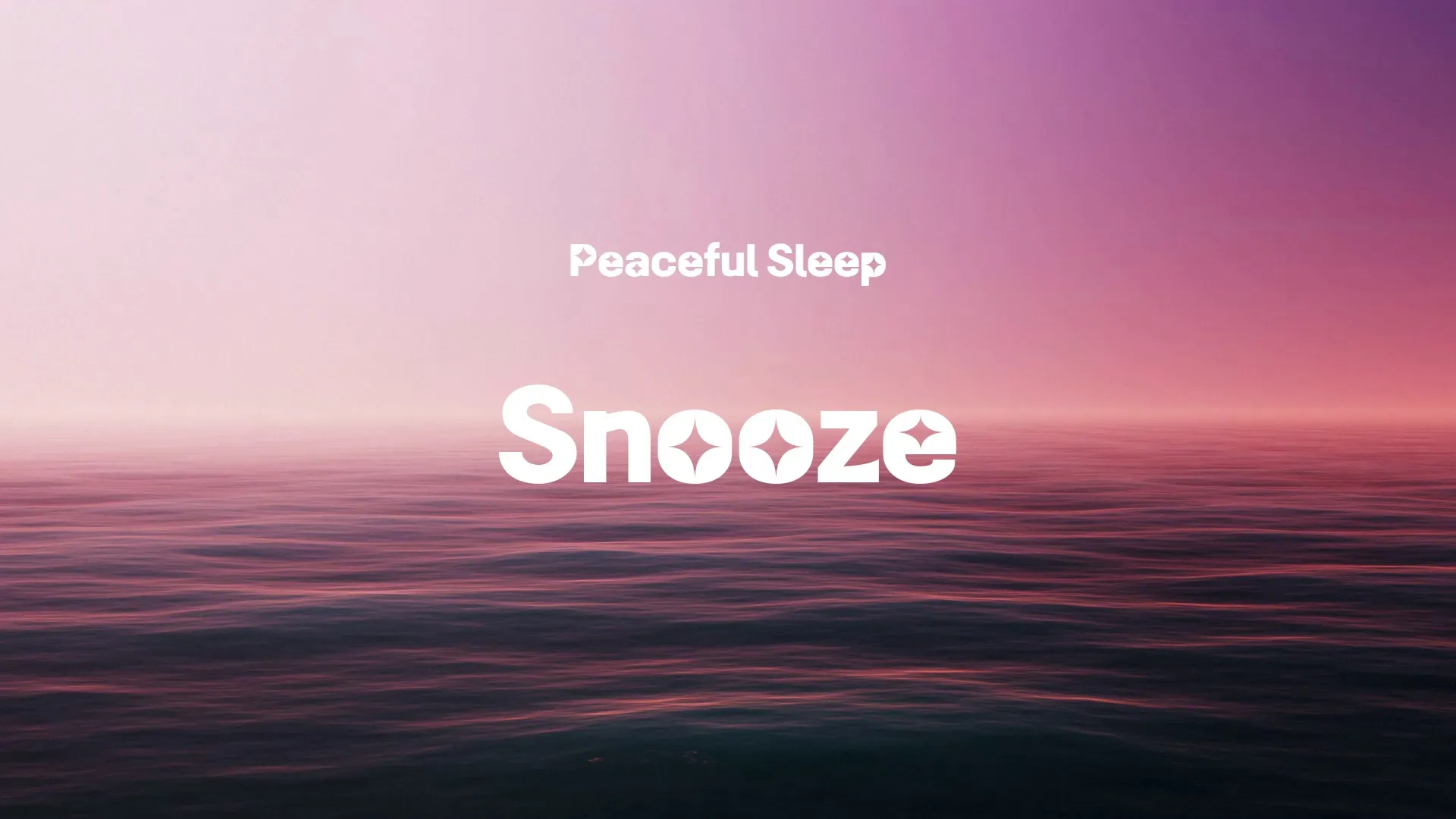Navigating Game Asset Rights: Trademarks, Licenses, and DMCA for Developers
Navigating Game Asset Rights: Trademarks, Licenses, and DMCA for Developers
Understanding legal aspects of game development is not optional; it is fundamental to protecting your work and avoiding costly disputes. Game asset rights, including trademarks, licenses, and DMCA compliance, form the bedrock of your game’s legal standing.
The Critical Role of Trademarks in Game Development
Trademarks protect elements that distinguish your game in the marketplace. This includes your game’s title, logo, character names, and unique sound effects.
Why Trademark Your Game’s Title and Logo?
Securing a trademark for your game title and logo prevents others from using similar branding that could confuse consumers. Early registration offers stronger legal recourse against infringement.
The Trademark Registration Process
Conduct a thorough search before attempting to register any trademark to ensure availability. The registration process involves filing an application with the relevant intellectual property office, which can be complex.
Deciphering Game Asset Licensing Models
Licenses dictate how you can use assets created by others and how others can use yours. Misunderstanding licensing terms is a common pitfall.
Royalty-Free Licenses: A Developer’s Ally
Royalty-free licenses allow commercial use of assets without ongoing payments or revenue sharing. This model simplifies financial planning for indie developers.
Many platforms, like Wayline’s Strafekit, offer royalty-free assets, which are crucial for predictable budgeting.
Open-Source Licenses: Understanding GPL and MIT
Open-source licenses like GPL and MIT offer flexibility but come with specific obligations. GPL often requires derivative works to also be open source, while MIT is more permissive.
Always review the exact terms of any open-source license before integrating assets into your commercial game. Failure to comply can lead to legal challenges.
Commercial Licenses: Paying for Premium Assets
Commercial licenses typically involve a one-time purchase or subscription for asset use. These often come with stricter terms regarding modification, distribution, and attribution.
Read the fine print to understand the scope of usage, especially for assets intended for multiple projects or large-scale distribution.
Creative Commons Licenses: Navigating Attribution and Usage
Creative Commons licenses vary widely, from requiring only attribution to prohibiting commercial use or modifications. Always check the specific CC license attached to an asset.
Using a CC-BY asset requires clear attribution to the original creator, while CC-BY-NC prohibits commercial use, making it unsuitable for most games.
Create a free account, or log in.
Gain access to free articles, game development tools, and game assets.
